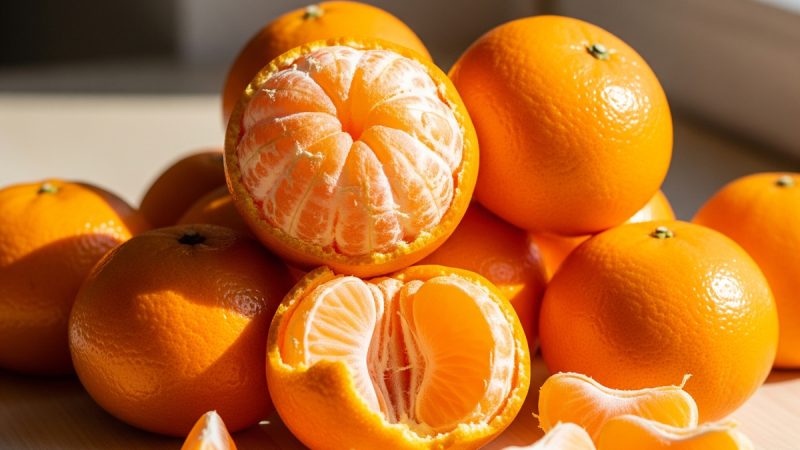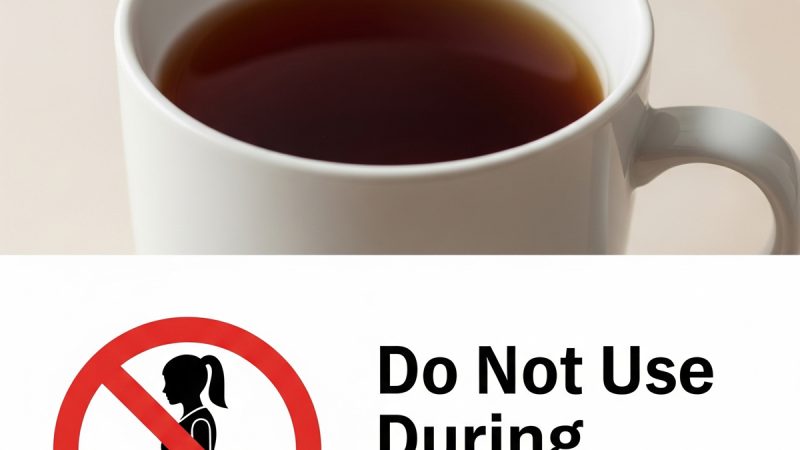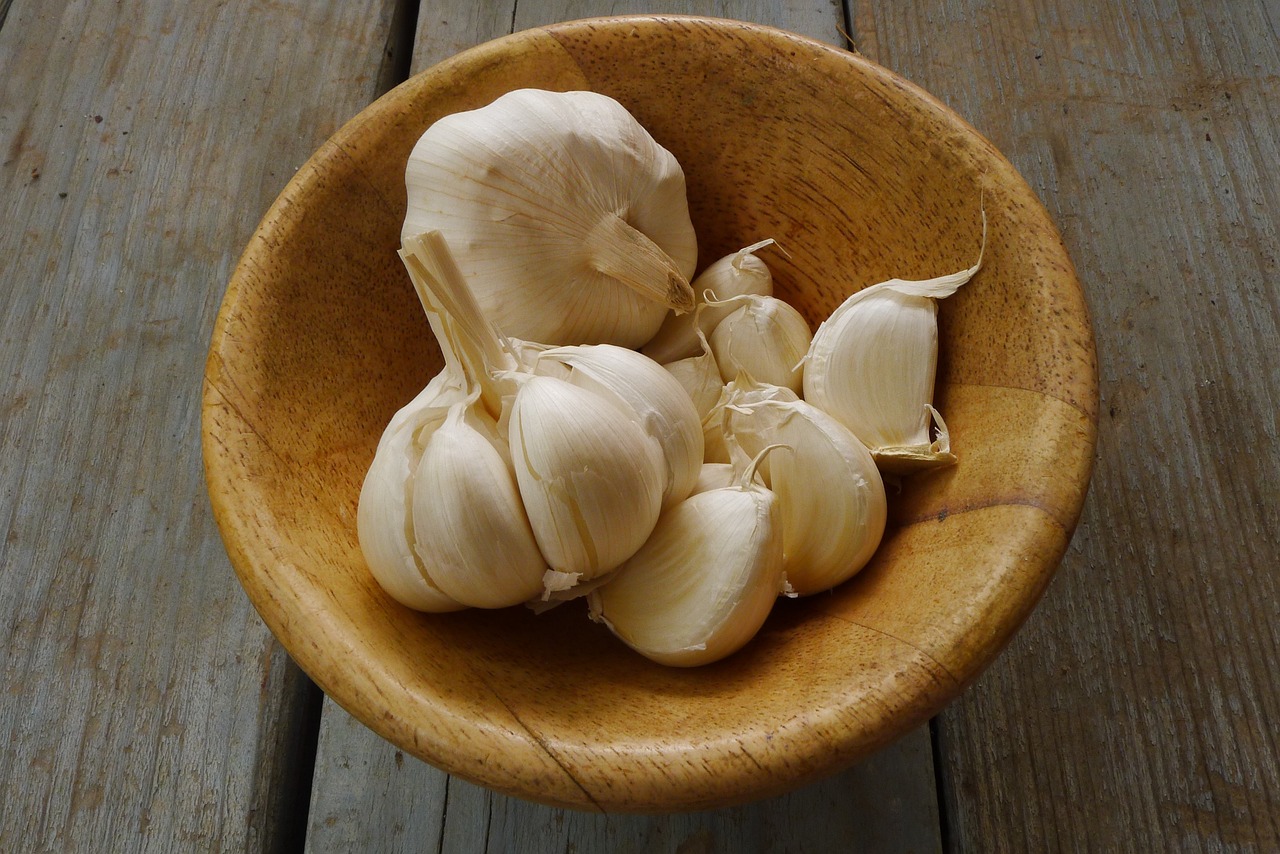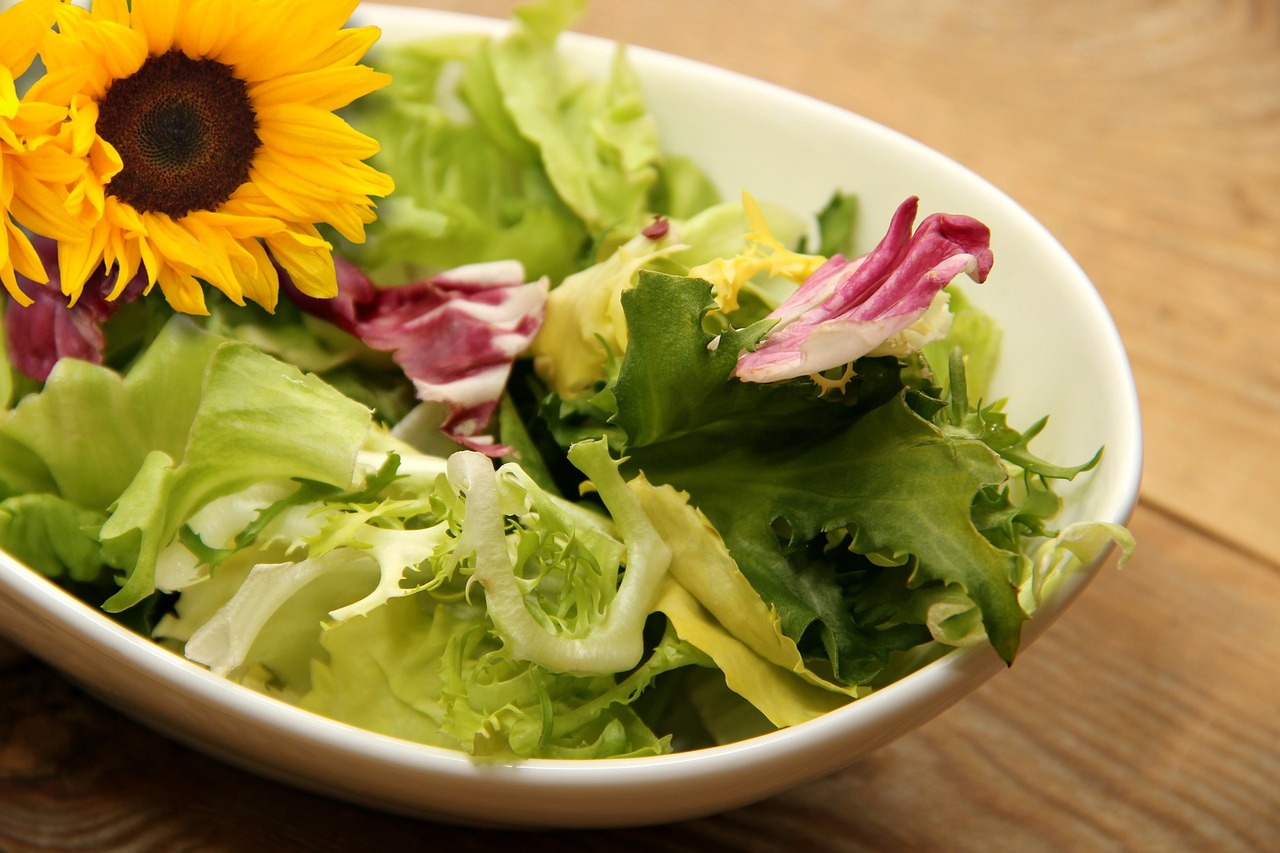Can People Absorb Natural Antioxidant Compounds from Strawberries
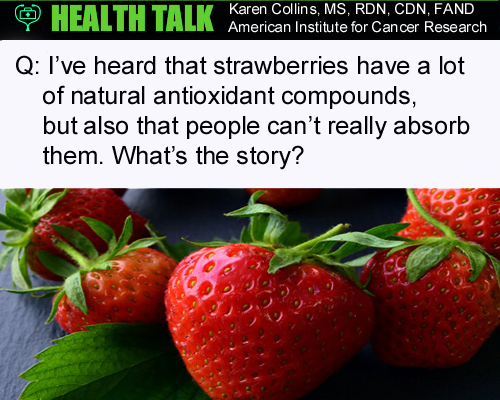
Q: I’ve heard that strawberries have a lot of natural antioxidant compounds, but also that people can’t really absorb them. What’s the story?
A: Strawberries do contain multiple phytochemicals (natural plant compounds), including flavonoids such as anthocyanins (which provide the red color), catechins and quercetin, as well as ellagitannins and ellagic acid. Research does suggest that our blood absorbs from the digestive tract only a small proportion of certain strawberry phytochemicals, including anthocyanins and ellagic acid. However, bacteria in our digestive tract may convert these compounds to others that our bodies do absorb. For example, ellagitannins and ellagic acid are converted to urolithins, which can be absorbed and do seem to offer antioxidant, anti-inflammatory and direct anti-cancer effects. Further research is underway. Meanwhile, strawberries are an excellent source of vitamin C. One cup provides enough to meet current recommendations for a whole day – and we know that eating strawberries does increase blood levels of vitamin C and total antioxidants. Besides, strawberries are a good source of dietary fiber and allow us to eat a hunger-satisfying portion of something sweet with few calories. They definitely have a place as part of eating habits to promote good health.
AICR HealthTalk
Karen Collins, MS, RD, CDN
American Institute for Cancer Research
The American Institute for Cancer Research (AICR) is the cancer charity that fosters research on the relationship of nutrition, physical activity and weight management to cancer risk, interprets the scientific literature and educates the public about the results. It has contributed more than $96 million for innovative research conducted at universities, hospitals and research centers across the country. AICR has published two landmark reports that interpret the accumulated research in the field, and is committed to a process of continuous review. AICR also provides a wide range of educational programs to help millions of Americans learn to make dietary changes for lower cancer risk. Its award-winning New American Plate program is presented in brochures, seminars and on its website, www.aicr.org. AICR is a member of the World Cancer Research Fund International.


